Description
The Underappreciated Hero: Why Zinc-Coated Steel Pipes Still Matter
In the world of plumbing, construction, and infrastructure, choices abound. From PVC to copper, there’s a seemingly endless list of materials vying for attention. Yet, one stalwart option continues to quietly perform its duties, often overlooked but consistently reliable: the zinc-coated steel pipe.
While newer materials boast advanced properties, zinc-coated steel pipes, also known as galvanized steel pipes, offer a compelling blend of strength, durability, and cost-effectiveness that makes them a valuable asset in a variety of applications. This article delves into the benefits and uses of these unsung heroes, highlighting why they continue to hold their own in a modern world.
The Secret’s in the Coating: Galvanization Explained
The magic behind the longevity of zinc-coated steel lies in the galvanization process. This involves coating the steel pipe with a layer of zinc, typically through a hot-dip process, where the pipe is immersed in molten zinc. This creates a metallurgical bond, meaning the zinc is chemically adhered to the steel, forming a protective barrier.
This zinc coating provides two primary forms of protection:
- Barrier Protection: The zinc layer physically shields the underlying steel from corrosive elements like water, oxygen, and pollutants. This prevents rust and degradation, extending the lifespan of the pipe significantly.
- Sacrificial Protection: Even if the zinc coating is scratched or damaged, it will corrode preferentially to the steel. This sacrificial anode effect effectively protects the exposed steel from corrosion, acting as a built-in self-healing mechanism.
Why Choose Zinc-Coated Steel Pipes?
Here’s a breakdown of the key advantages that make zinc-coated steel pipes a popular choice:
- Durability and Strength: Steel is known for its high tensile strength and resistance to impact. When coupled with the protective zinc coating, these pipes can withstand demanding conditions, including high pressure, extreme temperatures, and physical stress.
- Long Lifespan: The galvanization process significantly extends the lifespan of the pipe. With proper maintenance, zinc-coated steel pipes can last for decades, making them a cost-effective long-term investment.
- Corrosion Resistance: As mentioned, the zinc coating provides excellent protection against corrosion, making these pipes suitable for use in a variety of environments, including those with high moisture levels or exposure to corrosive chemicals.
- Cost-Effectiveness: While the initial cost might be slightly higher than some alternatives like PVC, the long lifespan and low maintenance requirements of zinc-coated steel pipes often result in lower overall lifecycle costs.
- Recyclability: Steel is one of the most recycled materials on the planet, making zinc-coated steel pipes a sustainable choice. At the end of their lifespan, they can be readily recycled and reused, reducing environmental impact.
- Fire Resistance: Steel is inherently non-combustible, making zinc-coated steel pipes a safer option in applications where fire safety is a concern.
Common Applications of Zinc-Coated Steel Pipes:
The versatility of zinc-coated steel pipes makes them suitable for a wide range of applications, including:
- Water Supply Systems: Galvanized steel pipes are commonly used for water distribution, both residential and industrial. However, it’s crucial to ensure the water quality is compatible to avoid potential zinc leaching, especially in older systems.
- Drainage Systems: Their robustness and corrosion resistance make them well-suited for drainage systems, especially in demanding environments like industrial settings.
- Fencing and Structural Supports: The combination of strength and weather resistance makes them a popular choice for fencing, railings, and structural supports.
- Scaffolding: The high load-bearing capacity of steel makes it ideal for scaffolding, and the zinc coating provides protection against the elements.
- HVAC Systems: Zinc-coated steel pipes are often used for ductwork and other components in HVAC systems, offering durability and resistance to corrosion.
Considerations and Best Practices:
While zinc-coated steel pipes offer numerous benefits, it’s important to consider the following:
- Water Quality: In potable water applications, it’s essential to ensure the water quality is compatible with galvanized steel to minimize the risk of zinc leaching or corrosion.
- Compatibility with Other Materials: Galvanic corrosion can occur when dissimilar metals are connected. Proper isolation techniques should be used when connecting zinc-coated steel pipes to other materials like copper.
- Installation and Maintenance: Proper installation techniques and regular inspections are crucial to ensure the long-term performance of zinc-coated steel pipes.
The Future of Zinc-Coated Steel Pipes:
Despite the emergence of newer materials, zinc-coated steel pipes are likely to remain a viable option for many applications. Ongoing advancements in galvanization technology are further enhancing their performance and extending their lifespan. Furthermore, their inherent strength, recyclability, and cost-effectiveness make them a sustainable and practical choice for a variety of projects.
In conclusion, while they may not always be in the spotlight, zinc-coated steel pipes continue to play a vital role in providing durable, reliable, and cost-effective solutions for a wide range of infrastructure and construction needs. Their enduring popularity is a testament to their inherent strength, corrosion resistance, and the enduring value of a well-engineered and time-tested material.





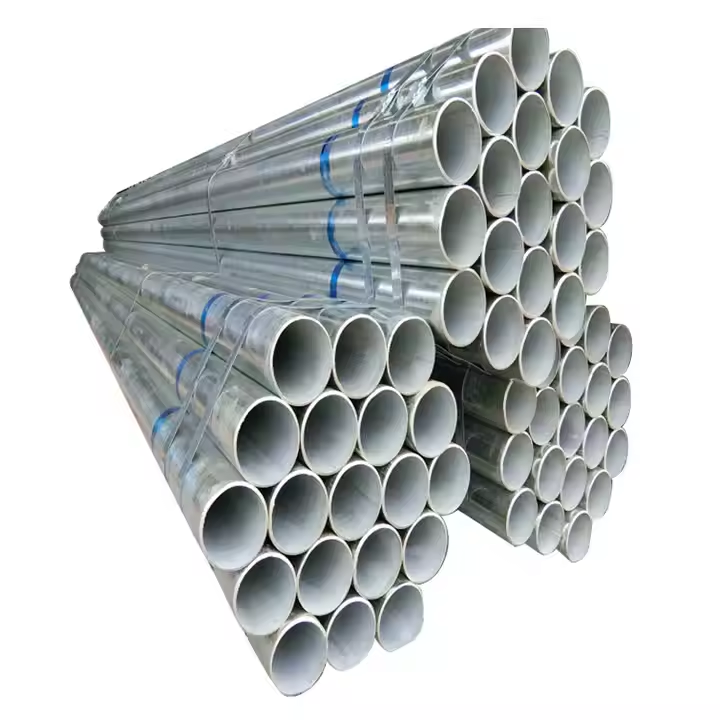

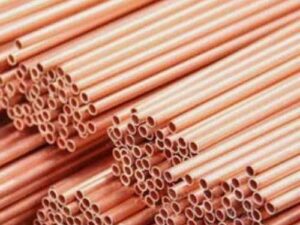
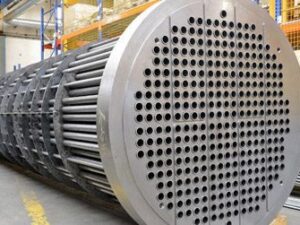
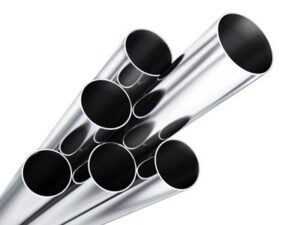
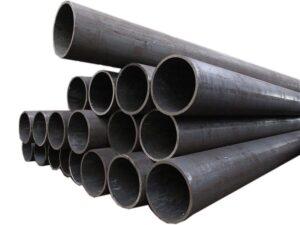
Reviews
There are no reviews yet.